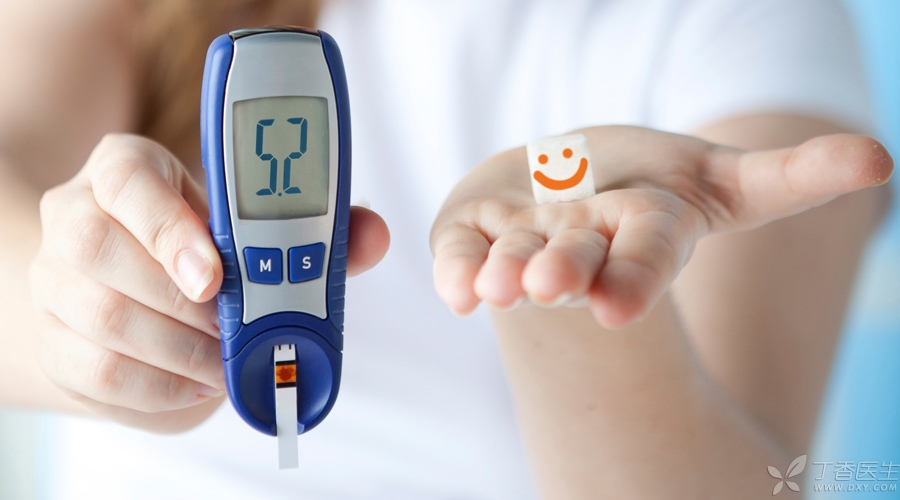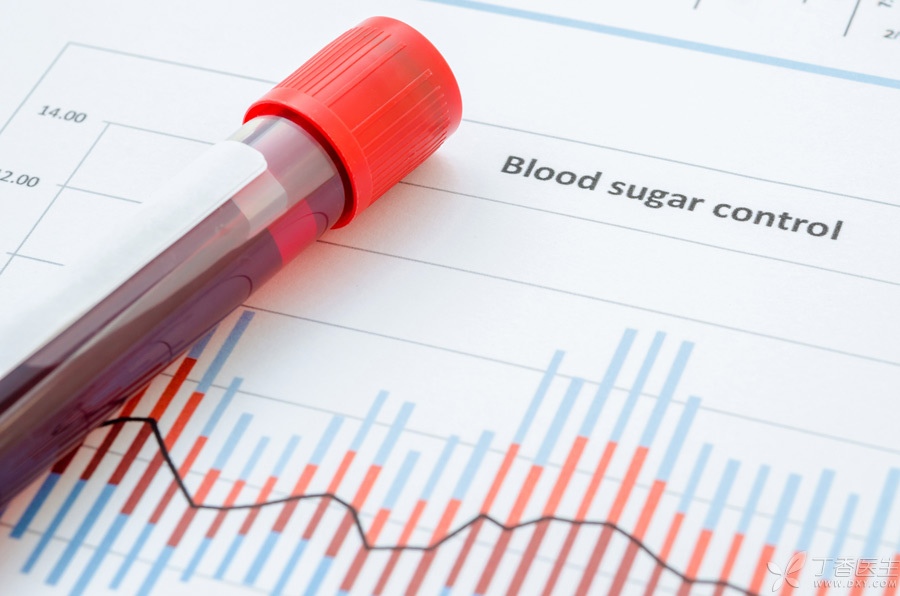
At present, diabetes is growing explosively in our country, with the number of patients exceeding 100 million.
Although there are more and more diabetics around us, many people still have many misunderstandings about diabetes.
Today, Dr. Clove summed up the 10 most common misunderstandings. Let’s have a look!
Myth 1: Diabetic urine must be sweet
Although it is called diabetes, the urine of most diabetics is not sweet.
Indeed, sugar may sometimes be detected in urine of diabetics, but glucose can only be detected when blood sugar is high to a certain extent. Moreover, the glucose in urine must reach a certain concentration before it can taste sweet.
However, most diabetics, especially those who are receiving regular sugar control treatment, have good blood sugar control, no sugar can be detected in natural urine, and urine will not be sweet.
People should not be good at being strange babies and try it out in person.:-D
Myth 2: Diabetes Insulin Is Addictive to
Insulin is originally a hormone produced by our bodies, and there is no such thing as [addiction].
For patients with type 1 diabetes, insulin is required for lifelong treatment because the body cannot produce or the insulin produced cannot meet the needs of the body.
For the more common type 2 diabetes patients, many people do not need insulin therapy. Some patients, when found that the blood sugar level is very high, at this time, the use of insulin for intensive treatment to control blood sugar, can help the body get rid of the damage of hyperglycemia as soon as possible; When the blood sugar is initially controlled, the doctor will evaluate whether insulin needs to be continued according to the patient’s condition.
After intensive insulin therapy, most patients can change to oral hypoglycemic drugs to control blood sugar.

Myth 3: Diabetes is hopeless,
Through standard treatment, diabetes can be controlled. Although diabetes is indeed incurable at present, as long as we adhere to standard treatment, we can control blood sugar and prevent complications. In this case, the life span of diabetics will not be affected.
Myth 4: Diabetics Must Be Hungry
The general principle of diet for diabetics is [control of total energy and balanced nutrition]. Deliberately eating less will increase the risk of hypoglycemia, which is very dangerous and may induce cardiovascular and cerebrovascular accidents. A severe hypoglycemia may burn the painstaking efforts of years of blood sugar control.
Diabetics should adhere to a diet with reasonable energy and balanced nutrition under the guidance of nutritionists or doctors according to their own physical conditions.
Myth 5: Diabetics cannot eat staple foods such as rice,
Rice, noodles and other staple foods are very important to diabetics. Diabetics have poor blood sugar regulation ability. If they do not eat staple foods, insufficient carbohydrate intake will easily cause hypoglycemia.
Diabetics should not only eat staple food, but also eat it intelligently. We can choose staple food varieties that have less influence on blood sugar, such as various coarse cereals, miscellaneous beans, potatoes, etc. These varieties of staple food digest and absorb slowly, and have less influence on blood sugar after meals than rice and noodles.

Myth 6: Diabetes is [senile disease], young people will not get it.
Common types of diabetes include type 1 and type 2. Type 1 diabetes often occurs in childhood, while type 2 diabetes is more common in the middle-aged and elderly.
However, with the development of economy, people eat more high-fat, high-sugar and high-calorie foods, and less and less physical activity, these factors make people more prone to diabetes. Now, many young people also suffer from type 2 diabetes.
Myth 7: Diabetes is due to eating too much sugar,
The risk factors of diabetes are complex and generally divided into genetic and environmental categories. Among the environmental risk factors, unreasonable dietary structure, excessive consumption of high-fat, high-sugar and high-calorie foods are related to diabetes. However, a large amount of sugar intake once or twice by healthy people is not enough to cause diabetes.
Eating too much sugar will cause transient hyperglycemia, which can be adjusted by the body to restore the normal level of blood sugar.
Myth 8: Parents are diabetics, and their children must get sick.
Although parents have diabetes and their children have an increased risk of diabetes, it does not mean that their children will definitely have diabetes.
If we can stick to a healthy lifestyle, the children of sugar parents can also avoid diabetes. Adhering to reasonable diet, moderate exercise, quitting smoking and limiting alcohol, regular work and rest, etc., can reduce the risk of type 2 diabetes.

Myth 9: Although the blood sugar is high, there is nothing uncomfortable and you don’t have to worry about it.
The typical symptoms of diabetes [more than three and less than one], i.e. Eating more, drinking more, urinating more and losing weight, are not obvious in many patients, while the damage of hyperglycemia to the body has certain concealment, and many people are not uncomfortable with what. However, long-term hyperglycemia will bring great damage to the body.
For patients with poor blood sugar control, the risk of various acute and chronic complications of diabetes will increase, such as hypoglycemia, ketosis, diabetic foot, diabetic nephropathy, etc. Once complications occur, it will seriously affect the quality of life of patients and increase the medical expenses of patients’ families.
Myth 10: The folk prescription for radical cure of diabetes should be well treated.
For such a statement, please polish your eyes and say gracefully: Gu-wen, gun.
At the current medical level, diabetes cannot be cured completely. What we can do is to cooperate with doctors to receive regular treatment and control the disease well.
As a result of credulous street advertisements, they were not only cheated of money, but also delayed formal treatment.
